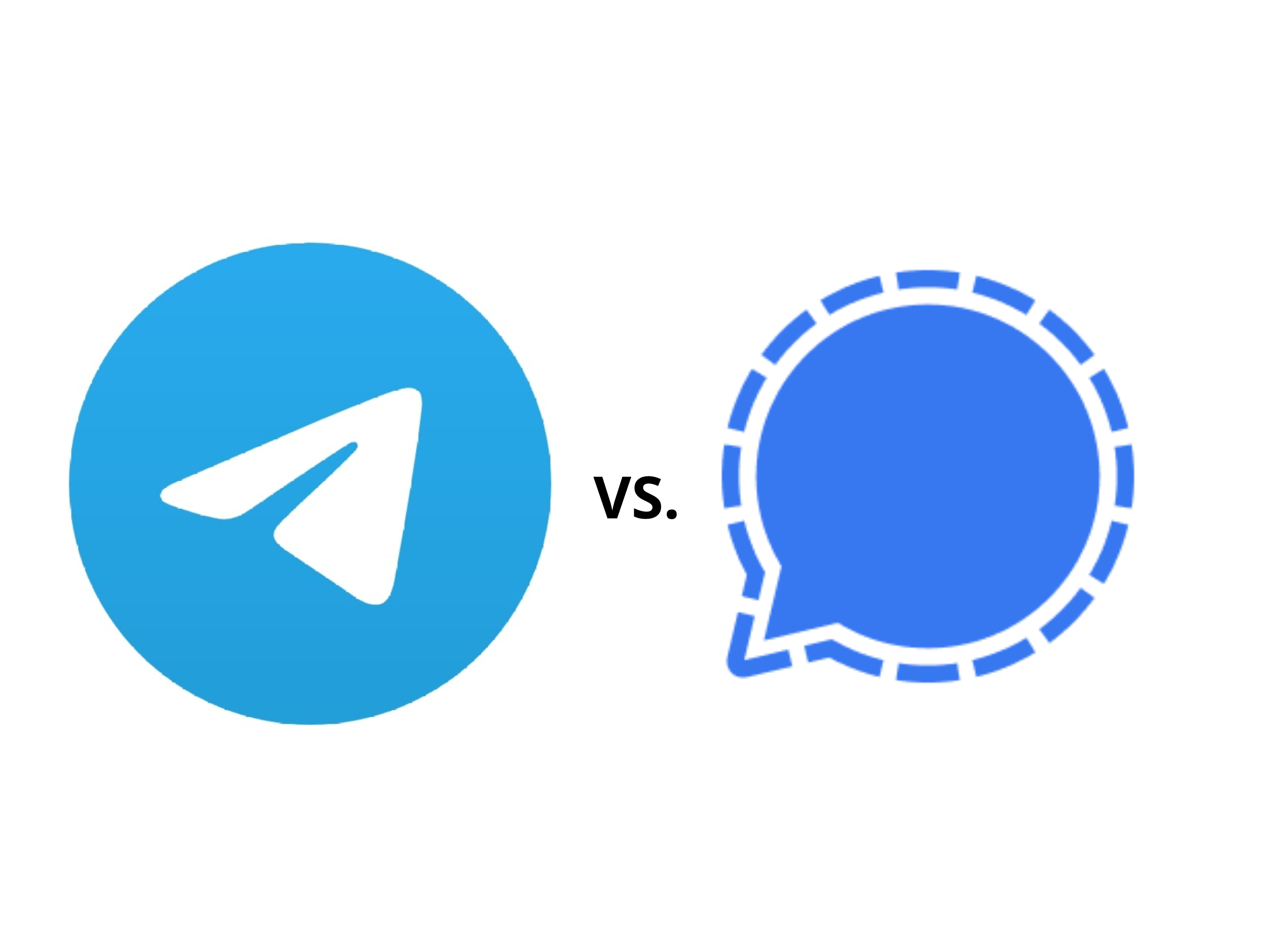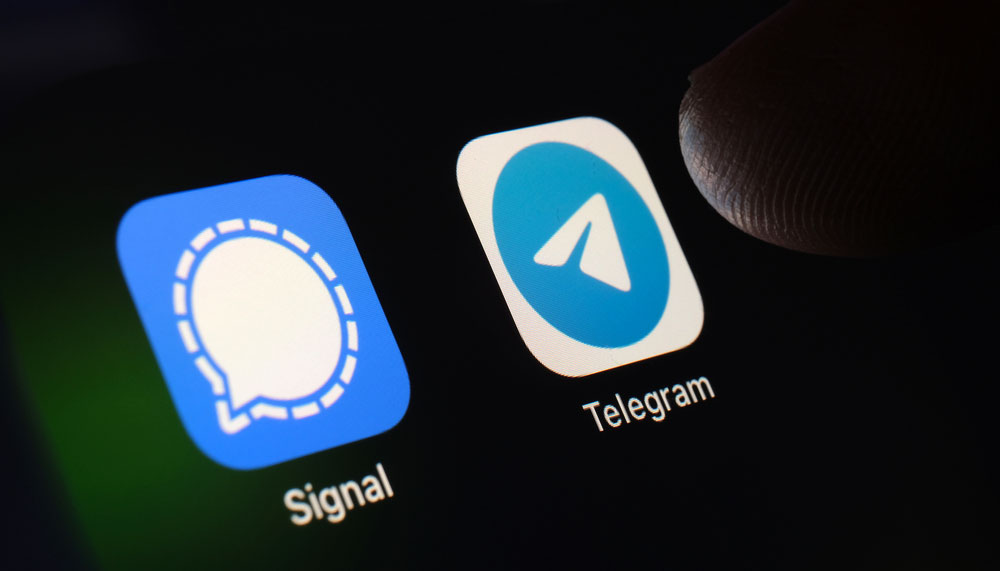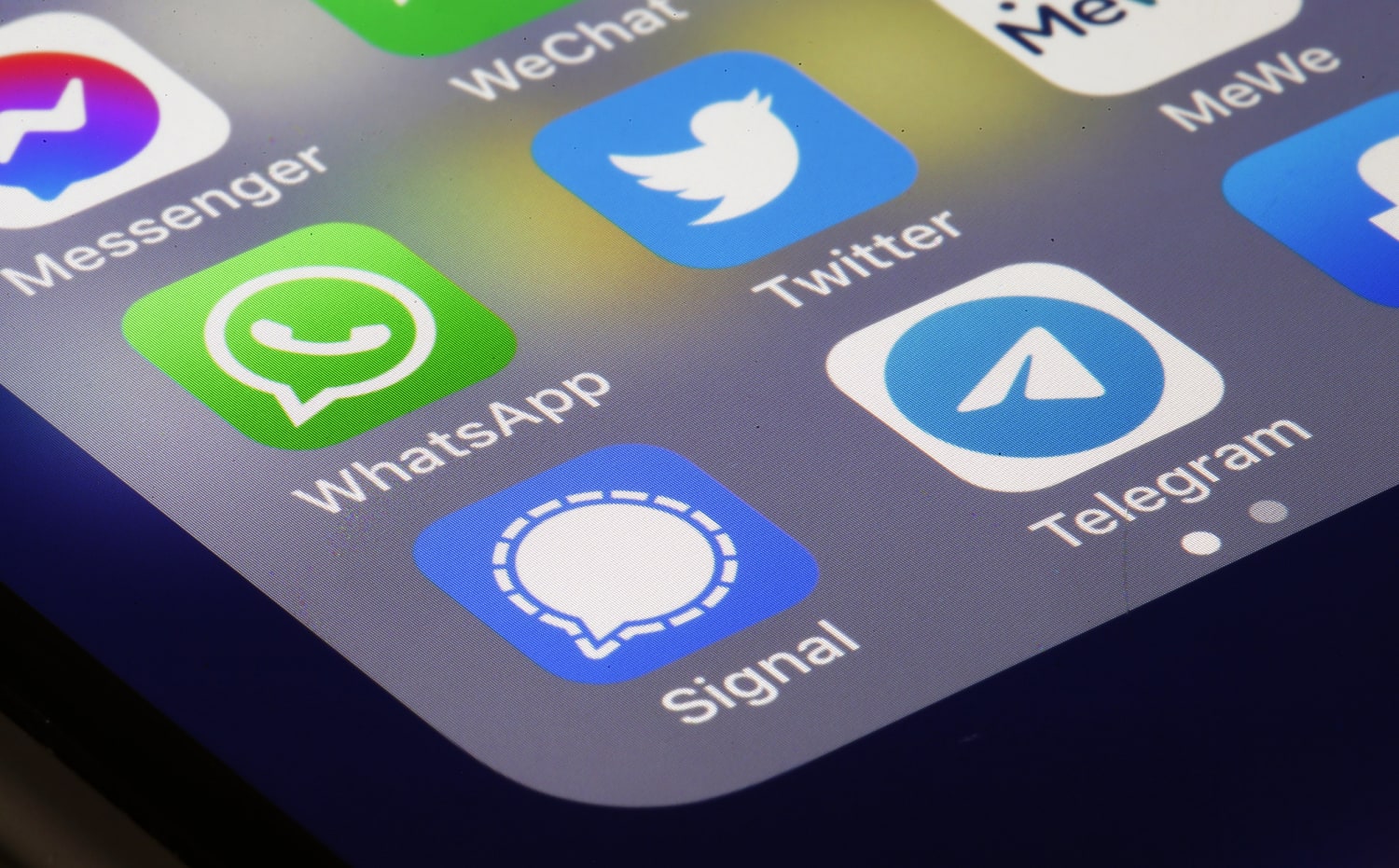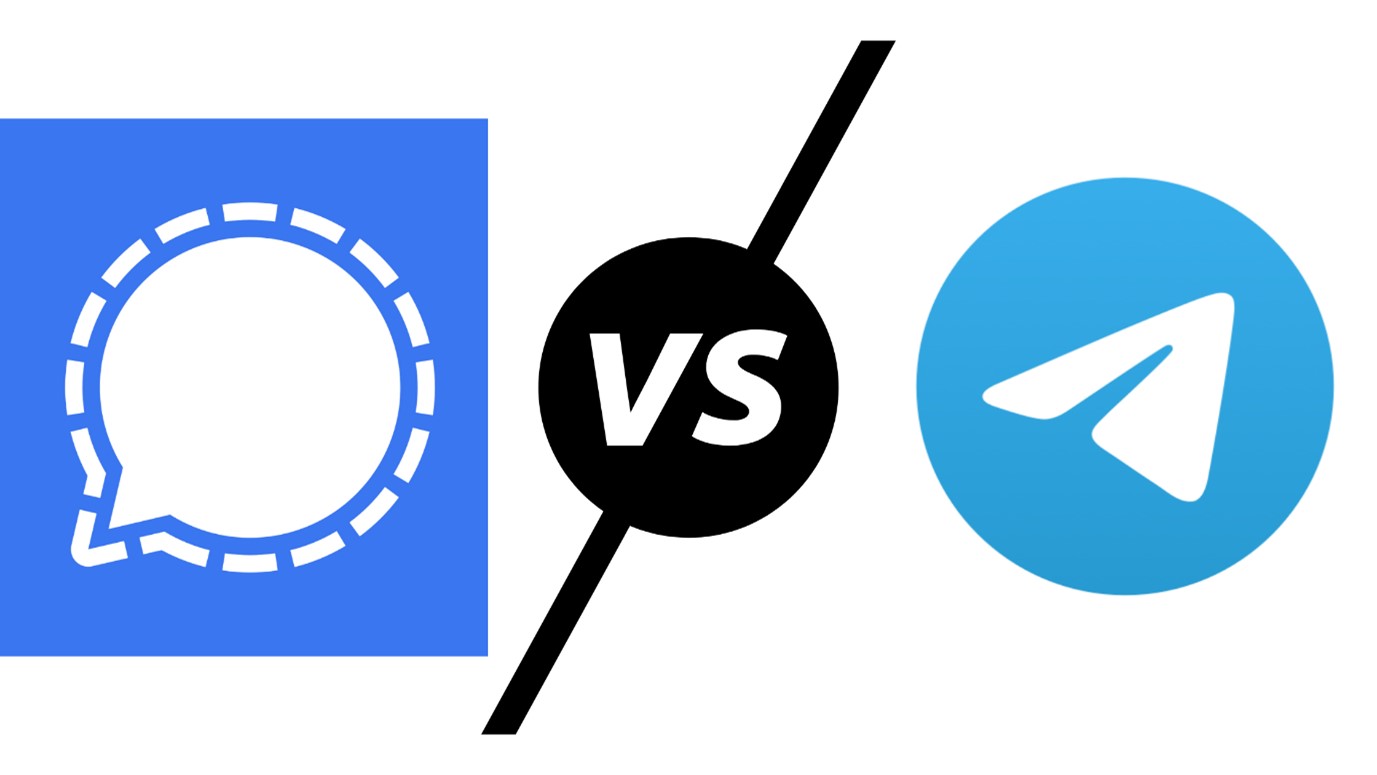Introduction
In this digital age, privacy has become a paramount concern for internet users worldwide. With the growing emphasis on data security and online privacy, messaging apps that offer end-to-end encryption have gained immense popularity. Signal and Telegram are two prominent names that have emerged as privacy-focused messaging platforms. Both apps claim to prioritize user privacy, but they have distinct approaches to achieving it. In this article, we will delve into the features, security measures, and ideologies of Signal and Telegram to understand the clash of these privacy titans.

What are Signal and Telegram?
Signal and Telegram are instant messaging apps that have gained popularity due to their commitment to privacy and data security. Signal was developed by Open Whisper Systems and is known for its robust end-to-end encryption protocol. It has garnered a strong user base, including privacy advocates, journalists, and government officials who seek a secure communication platform.
Telegram, on the other hand, was created by Pavel Durov and his brother Nikolai, who also co-founded VKontakte, a Russian social media platform. Telegram distinguishes itself with its cloud-based nature and emphasis on speed, as well as its dedication to user privacy.

User Interface and Usability
When comparing Signal and Telegram, user interface and usability play a significant role. Signal’s interface is minimalistic and user-friendly, ensuring ease of navigation and understanding for new users. On the other hand, Telegram offers a more visually appealing and feature-rich interface with customizable themes and chat backgrounds.

End-to-End Encryption: The Foundation of Privacy
Both Signal and Telegram offer end-to-end encryption for securing messages and calls. However, Signal’s encryption protocol is widely regarded as one of the most secure in the industry. It encrypts messages locally on the user’s device before transmission, making it nearly impossible for third parties to intercept or access the content.
Telegram also offers end-to-end encryption in its “Secret Chats,” but the default chats are encrypted in a slightly different manner. Some experts have criticized this approach, suggesting that it may not provide the same level of security as Signal.
Privacy Policies and Data Collection
Signal’s privacy policy is simple and transparent. The app does not collect user data, and all communication metadata is stored for the minimum time required. This commitment to privacy has earned Signal high praise among privacy-conscious users.
Telegram’s privacy policy, while claiming to prioritize user privacy, has faced some criticism. The app collects certain user data, including IP addresses, and stores it for varying periods, depending on the user’s location and local regulations.

Group Chats and Community Features
Both Signal and Telegram offer group chat functionality, but there are some differences. Telegram supports larger group sizes, with a maximum limit of 200,000 members. Signal, on the other hand, is more focused on smaller, private group communication.
Telegram’s emphasis on community features, such as channels and bots, sets it apart as a platform for broadcasting and disseminating information to a large audience.






Voice and Video Calls
Signal and Telegram provide voice and video call options, but the quality and performance may vary depending on network conditions. Signal is known for its stable and secure voice and video calls, while Telegram’s speed and efficiency make it a reliable choice for quick calls.

File Sharing and Cloud Storage
Telegram’s cloud-based nature allows users to store files, photos, and videos on the platform’s servers, making them accessible from any device. This feature has garnered praise for its convenience.
Signal, on the other hand, does not offer cloud storage. All files shared on Signal are end-to-end encrypted and stored locally on the recipient’s device, enhancing security but limiting accessibility.

Customization and Platform Support
Telegram provides users with a wide range of customization options, from chat backgrounds to custom themes. It is available on various platforms, including iOS, Android, Windows, and web browsers.
Signal, though not as customizable as Telegram, is available on multiple platforms and ensures a consistent and secure user experience across devices.

Security Measures Against Cyber Threats
Both Signal and Telegram have taken steps to mitigate cyber threats and attacks. Signal’s focus on encryption and limited data collection minimizes potential vulnerabilities. Telegram’s approach to security is often debated, with some experts arguing that its cloud-based nature may introduce certain risks.

Signal vs. Telegram: Which One Should You Choose?
The choice between Signal and Telegram ultimately depends on individual preferences and priorities. If you prioritize maximum privacy and data security, Signal may be the ideal choice for you. However, if you prefer a feature-rich platform with community engagement options, Telegram could be a better fit.

User Reviews and Feedback
User reviews and feedback play a crucial role in evaluating an app’s performance. Both Signal and Telegram have received positive reviews for their privacy-centric approach, but users may have individual preferences that influence their opinions.

Conclusion
In the clash of privacy titans, Signal and Telegram have proven themselves as formidable contenders. Signal stands out for its unwavering commitment to encryption and data security, while Telegram boasts a feature-rich platform with impressive community engagement options. Ultimately, the choice between the two depends on the user’s priorities and preferences.














Leave a Reply